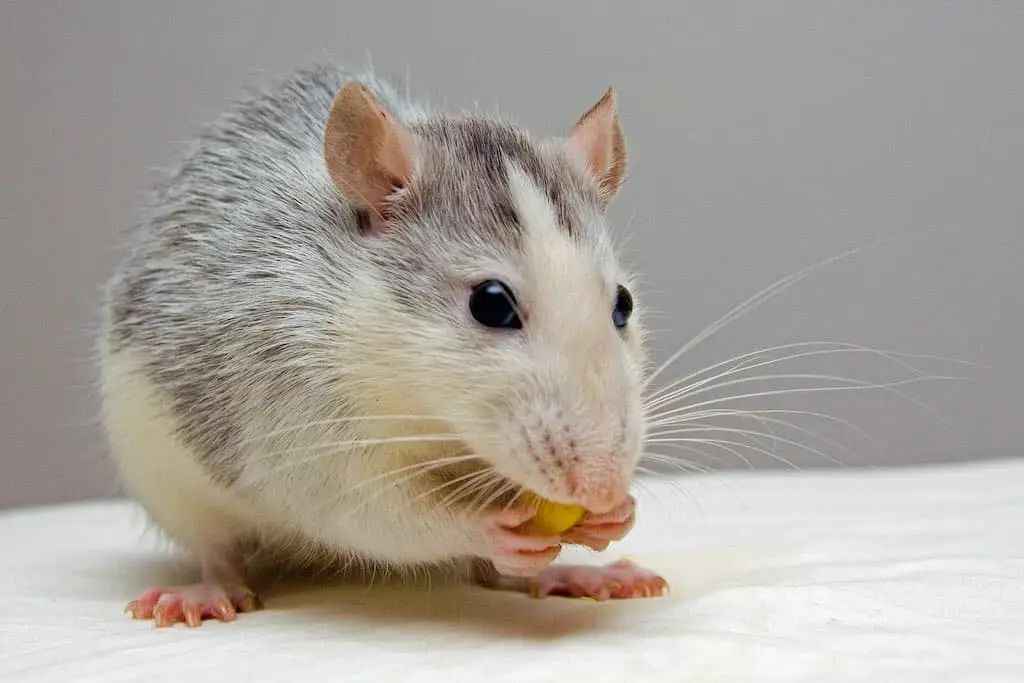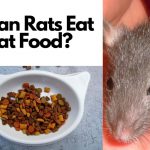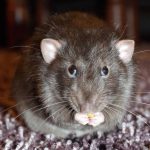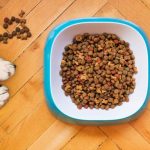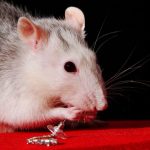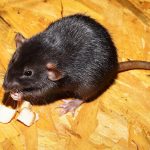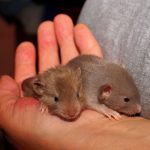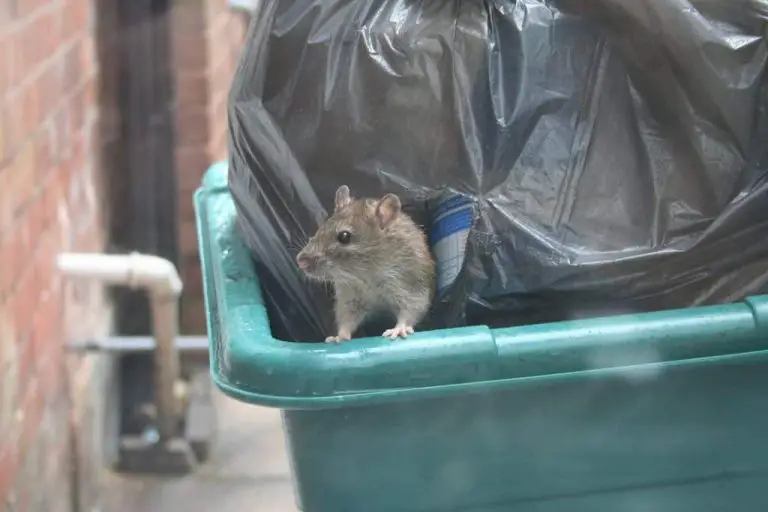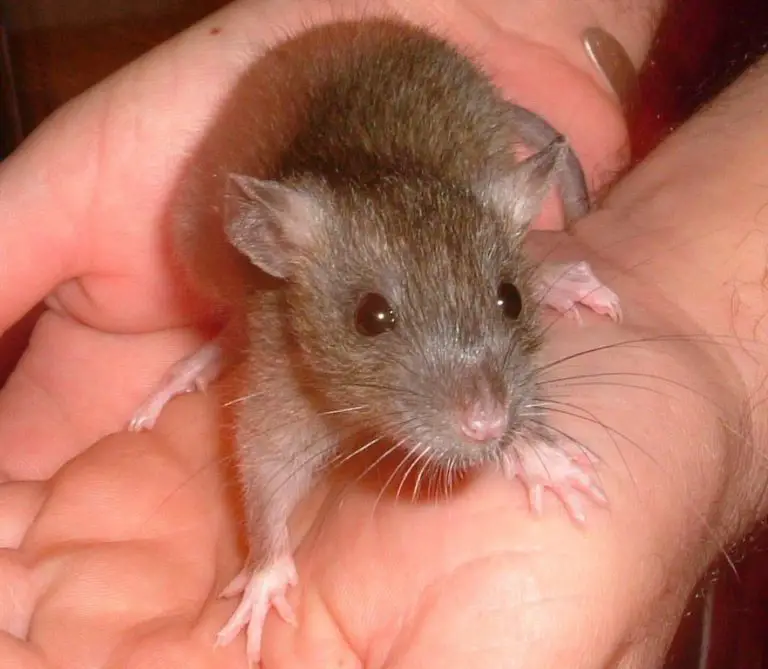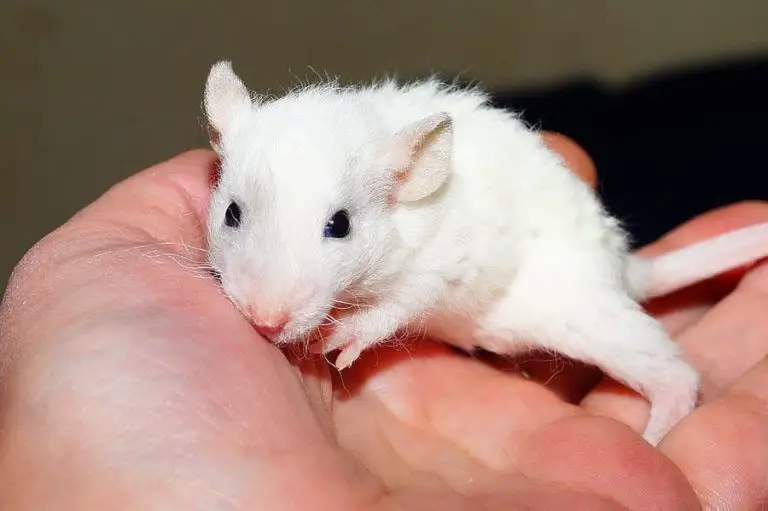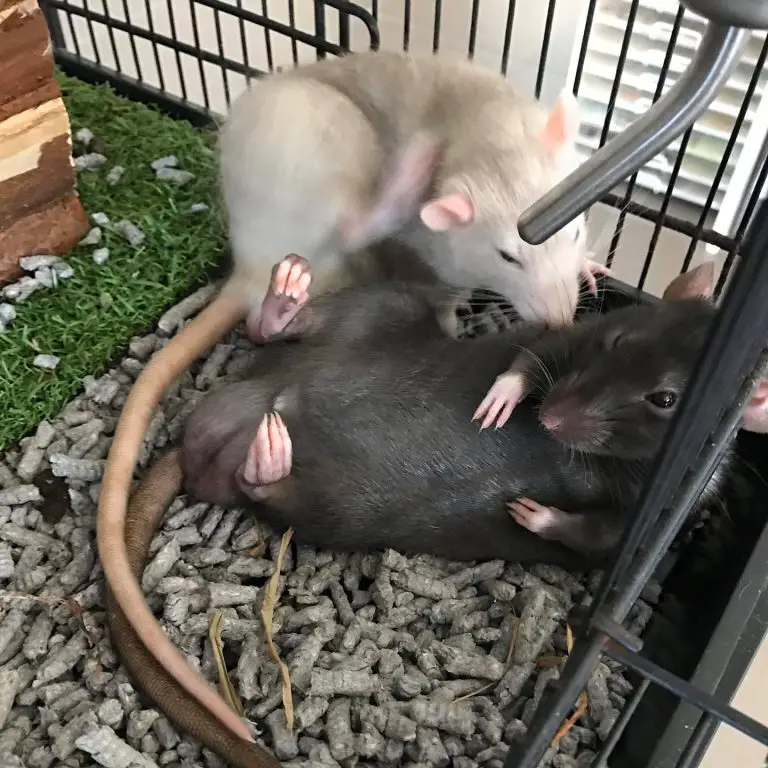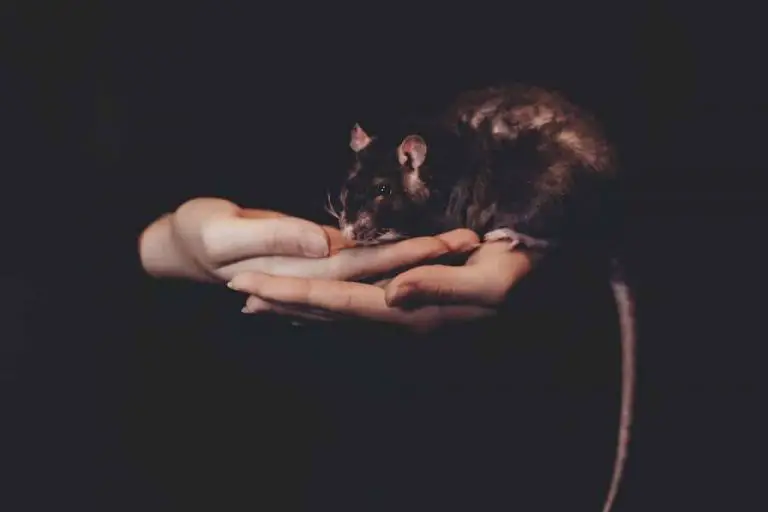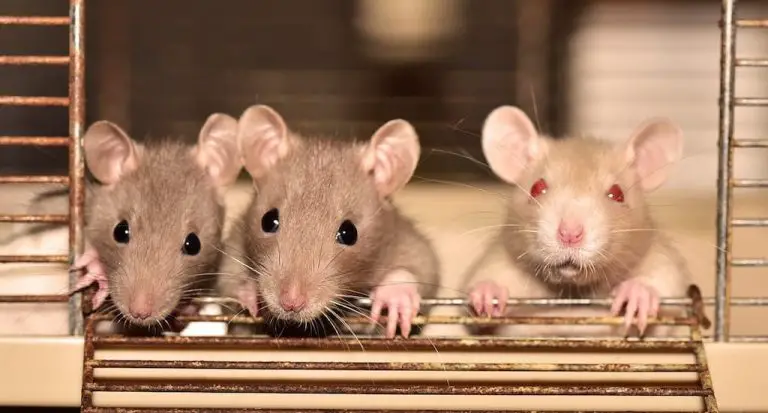Can Rats Eat Guinea Pig Food?
If you have a pet rat, you might be wondering about the best food to feed it. Rats and guinea pigs are both members of the rodent family and are common pets. Because they are both rodents, does that mean that rats can eat food formulated for guinea pigs?
Rats should not eat guinea pig food because food designed for guinea pigs contains a substantial amount of hay which rats do not digest easily. There are other foods available that have a wider variety of nutrients that rats require.
This article explains why guinea pig pellets are not healthy for rats. To learn why rats can not eat guinea pig food and to find out what kind of food a rat needs to stay healthy, read further.
Does Guinea Pig Food Contain Nutrients Beneficial for Rats?
Generally speaking, there are no beneficial nutrients for rats in guinea pig food. Guinea pig food does not contain substantial amounts of proteins or fats that are important to rats.
Unlike guinea pigs who are herbivores, most rats are omnivorous and require more protein in their diets than other rodents. Guinea pig pellets are plant-based and contain a high concentration of hay because guinea pigs require high amounts of fiber in their diet.
The rat’s digestive system is not able to break down the significant amount of cellulose and fiber that is contained in hay.
Also, rats require a more varied diet with substantial protein and fat to help their cells function, which in turn increases the efficiency of their other body systems.
In the wild, most rats will eat insects, but some even eat smaller rodents to get the protein they need to survive. These food sources help to supplement the seeds and plants that they also feed on.
Are Rats and Guinea Pigs Closely Related?
Rats and Guinea Pigs are not close relatives. There is a misconception that because they have some physical similarities that rats and guinea pigs are closely related and therefore should be able to eat the same thing. However, this assumption is false.
Among scientists, there is debate as to whether or not guinea pigs are even rodents at all. Guinea pigs are taxonomically classified as part of the Rodentia family, but they are more closely related to porcupines and chinchillas than they are to rats.
The reason they do fall into family Rodentia is due to their dental makeup. Like other animals classified as rodents, guinea pigs have sharp incisors located on both their upper and lower jaw.
This fact alone might still lead you to believe that rats and guinea pigs should be able to eat the same foods. However, their digestive systems function in different ways, making it difficult for rats to process fiber and cellulose.
What Are Other Biological Differences Between Rats and Guinea Pigs?
The main difference between rats and guinea pigs is that rats are what are referred to as “hindgut fermenters”. This means that their bodies do not process fiber until after it has already been through the stomach and small intestine.
As a result, new nutrients are formed as the food moves through the rat’s large intestine and are then made available to rats upon release.
Rats will eat their own feces (or that of other animals) to access these newly fermented nutrients. This practice is known as corphagy. While this practice sounds disgusting, it actually provides the rat with beneficial nutrients.
What Foods Should You Avoid Feeding Your Rat?
Rats should not eat foods that are formulated for other rodents because they are completely plant-based, and the rat’s digestive system cannot efficiently process large quantities of plants and seeds.
Rats are scavengers and have a reputation for foraging trash and it is often assumed that they can eat anything. This may be true, especially for those who are not pets, but it does not mean that it is actually healthy for rats to eat everything offered to them.
Aside from guinea pig food, there are other rodent foods that rats may be attracted to but should not eat. These foods include:
- Rabbit food
- Gerbil food
- Hamster food
Like guinea pig food, the food that you would feed other types of rodents is filled with:
- Seeds
- Roots
- Leaves
- Hay
- Other vegetation
These ingredients do not provide the variety of nutrients that rats need to maintain a healthy and active life. It is also difficult for rats to digest high amounts of these food sources, so too much will make them sick or even kill them in the long run.
Are Cat and Dog Food Healthy for Rats?
Cat food is not a healthy source of nutrients for rats because it is made to include high amounts of protein and fats. Conversely, low-end dog food does meet the rat’s nutritional requirements.
Cats are completely carnivorous animals, so commercial cat food consists mainly of proteins and fats. While rats need these nutrients, the quantities contained in cat food are too high for rats who require a more varied diet with a well-balanced range of nutrients.
The levels of protein and fat contained in cat food could cause the following problems in rats:
- Kidney failure
- Obesity
- Heart disease
Like rats, dogs are scavengers and typically have more varied diets because domesticated dogs will eat crumbs and table scraps left behind or offered to them by a human.
A lower end dog food will be slightly lower in protein and fat content and contain more supplemental nutrients from vegetables, so it is closer to the healthy combination of nutrients that rats need to survive.
However, simply because the protein content is still a bit higher than rats need, I do not recommend this to be your first choice of food for your pet rat.
What Are the Best Foods to Feed Your Rat?
The healthiest food to feed your pet rat is food that was designed specifically for the rat’s health and anatomical needs. Most foods that are specifically made for mice or rats will provide your rat with the nutrients they need to live a healthy and happy life.
I recommend pellet or lab block food that is specifically designed for rats and contains:
- Fresh fruits
- Veggies
- Grains
- Protein
- Fat
These should be in amounts that are appropriate for the rat’s health.
If you do not have access to food specifically formulated for rats, then you can feed them mouse food or low-end dog food until you are able to get quality rat food.
The low-end dog food is a good temporary substitution but should not be your first choice of food for your rat.
Providing your rat with hard pellets and some grain supplements helps them to wear down their incisors, so they do not get too long and prevent the rat from being able to eat.
Rats have an extremely high metabolism. It is important to keep food available for your rat at all times. A shortage of food can make your rat ill fairly quickly.
Make sure not to give your rat too many treats as this can lead to weight gain and other health problems.
How To Keep Your Rat Healthy
The important thing to keep in mind when picking out food for your rat is that it is food formulated specifically for a rat’s body system. This means that while it has some plant-based nutrients, it should also contain proteins and fats.
Rats require a moderate amount of protein and fat in their diet in order to thrive. They also need a small to a moderate number of fruits, veggies, seeds and other plant matter to round out their diet. However, these foods in excess will lead to malnutrition.
Use the recommendations above to choose the best food for your rodent friend so you can enjoy the time you have together in good health and high spirits.

